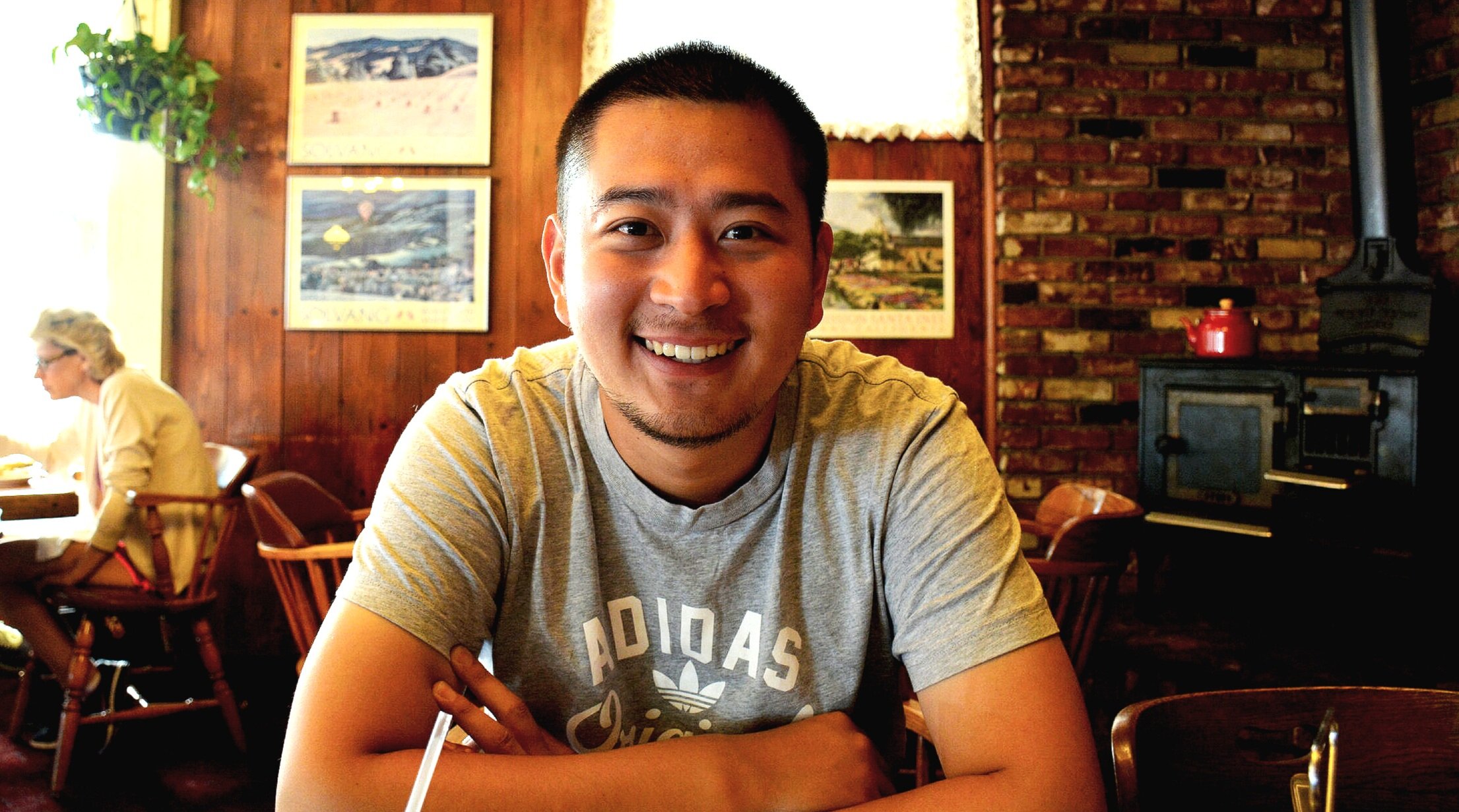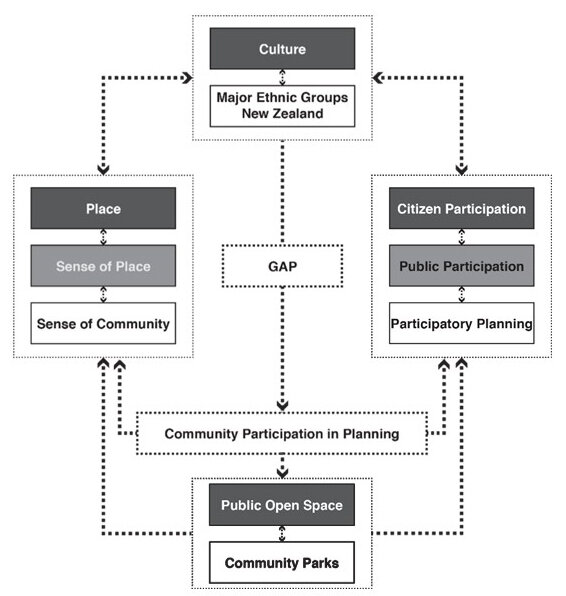Ethnicity and community planning - a survey
A Victoria University Landscape Archictecture PhD student is working to understand how different ethnic groups see community through their participation in planning processes.
Yiwen Cui is well qualified to explore this as he got his Bachelor’s degree in landscape architecture in China, then went to the United States for his Master’s degree in landscape architecture and has worked in both the U.S and China.
He’s having to rely on a survey he’s running remotely to as he has been forced to remain in China because of the Covid pandemic. You can find his research survey here and he says he’d really appreciate as many people filling it out as possible.
Yiwen Cui.
His research aims to understand which community participation processes in public open space planning are the most appropriate to encourage sense of community amongst people, considering the ethnic background they identify most closely with. This project is focused on four ethnic groups, including Māori, New Zealand European, Chinese and Pasifika.
LAA asked Yiwen about what has led him to this research.
LAA - Why have you selected this project for your research?
YC - In Aotearoa New Zealand, the history of colonisation and increased globalisation is exerting pressure on existing social and cultural frameworks and is creating challenges as well as opportunities for how public open space can be created and used. The challenges are from the progressively widespread nature of migrants who have multiple national backgrounds. On the other hand, these pressure and challenges create opportunities for how public open spaces can be created and used, as public open spaces present a chance to help creating places which promote the values of cultural diversity within communities. And community is the most basic unit for people’s daily life. In order to accommodate increasing cultural diversity, sense of community and participatory planning process can provide a useful tool for understanding community and community change. I’m from China, which is also a country with multiple ethnic groups and minorities. And China is facing the similar problems as New Zealand. I hope that my research will help encouraging people’s sense of community and sense of place in our two countries when it is finished.
LAA - What is the survey seeking to establish?
YC - My research consists of two principal phases, using a combination of quantitative and qualitative research methods. This 1st phase of research is a survey online in Qualtrics and aims to understand which community participation processes in public open space planning are the most appropriate to encourage sense of community amongst the major ethnic groups in New Zealand. It does that by examining whether participatory planning process in the design of public open spaces encourage sense of community, by adopting the Sense of Community Index. This 1st phase of the research will help answer the first specific research question. 1st research question: Do community members who take part in the participatory planning process of public open space show higher sense of community than the community members who do not?Secondly, we will examine people’s experiences of participatory planning processes and their outcomes through a sequence of focus groups. And we aim to discover where the differences and the overlaps are in the participatory planning process experience of different ethnic groups in New Zealand. This second phase will begin after this online survey, data collection and the analysis.
LAA - What about your personal experience has led you to this research?
YC - I got my Bachelor’s degree in landscape architecture in China, and then I went to the United States for my Master’s degree in landscape architecture. After that, I was working as a landscape architect both in the US and China. No matter where I study and work, community, sense of place and place identity are always my focus and interest. What’s more, during my career as a landscape architect, a lot of problems related to community and sense of place cannot be solved by design alone without enough support by theory and research. As I mentioned above, both New Zealand and China have multiple ethnic groups and cultural diversity. Sense of community and participatory planning process are the theories which can help me solving the problems. I think these are the motivation to pursuit my Ph.D study and this topic of research.
LAA - What do you think you will do once you get your PhD?
YC - My dream is to become a lecturer or professor in the university and continue my research with related topics after my Ph.D study. Wherever I teach, New Zealand or China, I hope that my research and teaching can help more landscape architects and students in the future.

